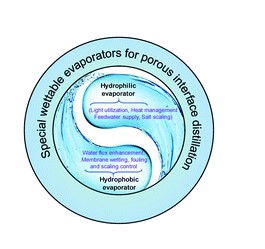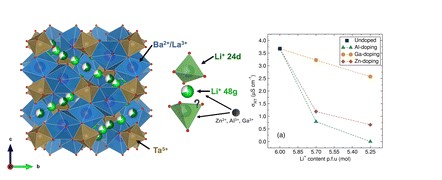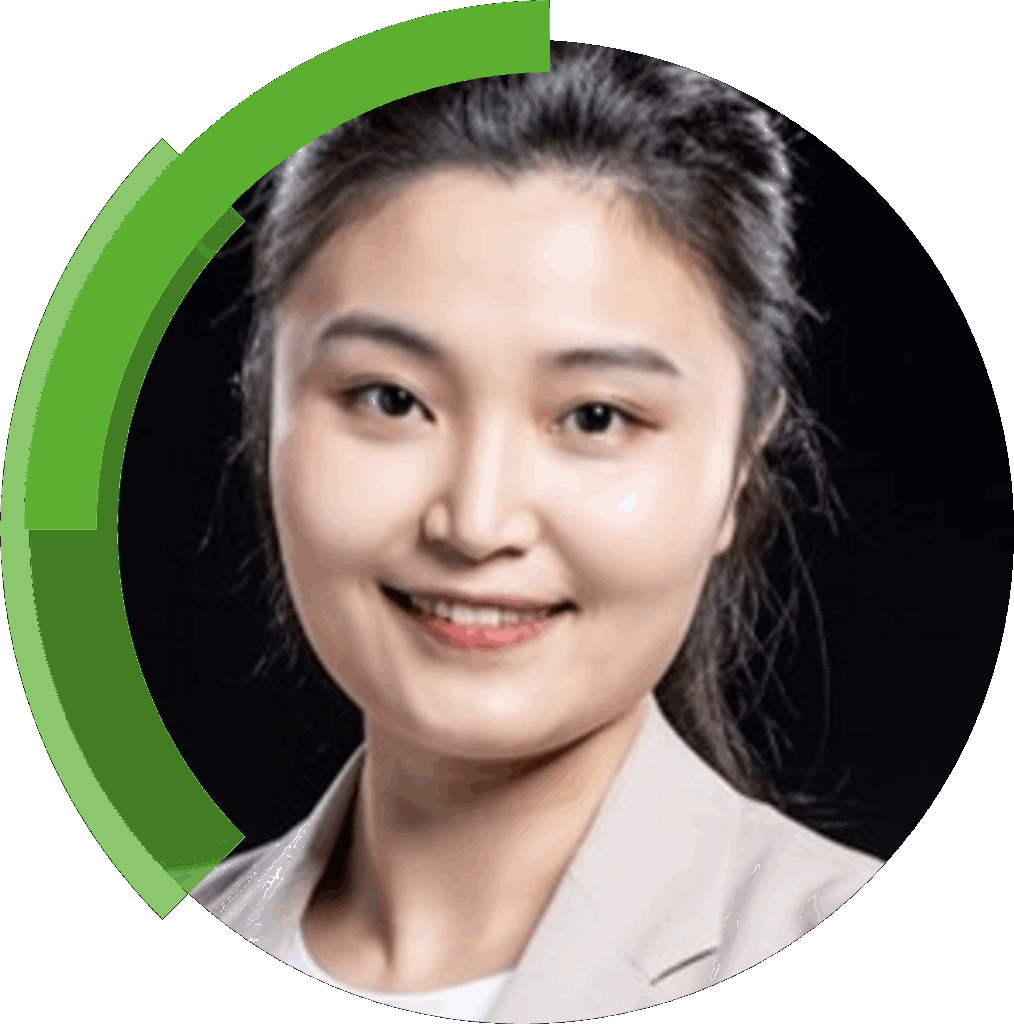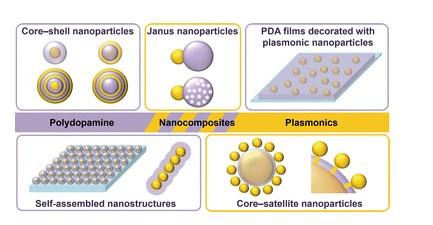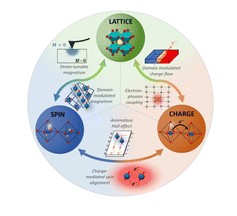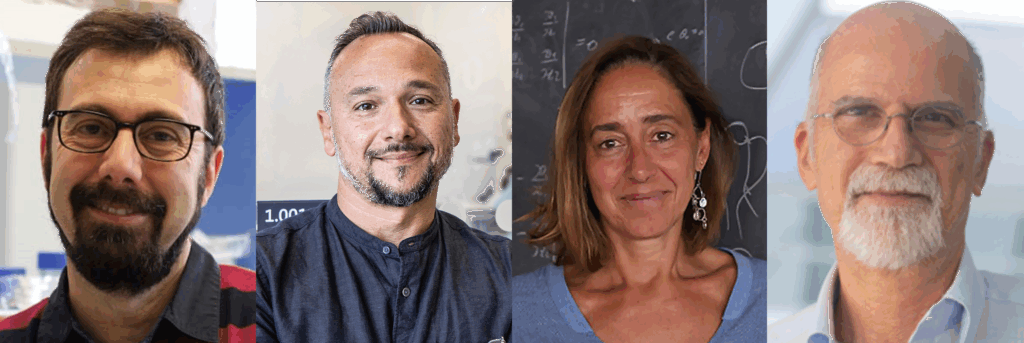Nanoscale Horizons Emerging Investigators Series
Explore the collection
Since the launch of Nanoscale Horizons, the journal has had a clear vision to publish exceptionally high-quality work whilst acting as a resource to researchers working at all career levels. We continue to be impressed by the quality of the research published and at the same time are looking for new ways of recognising and promoting the outstanding authors behind articles published in the journal.
The Nanoscale Horizons Emerging Investigators Series showcases early-career researchers who have published exceptional work in the journal. The Editorial Office and Editorial Board select outstanding Emerging Investigators who have published high-quality work from a pool of eligible authors, highlighting the researcher and their recently published work in an interview Editorial.
Discover our Emerging Investigators Series
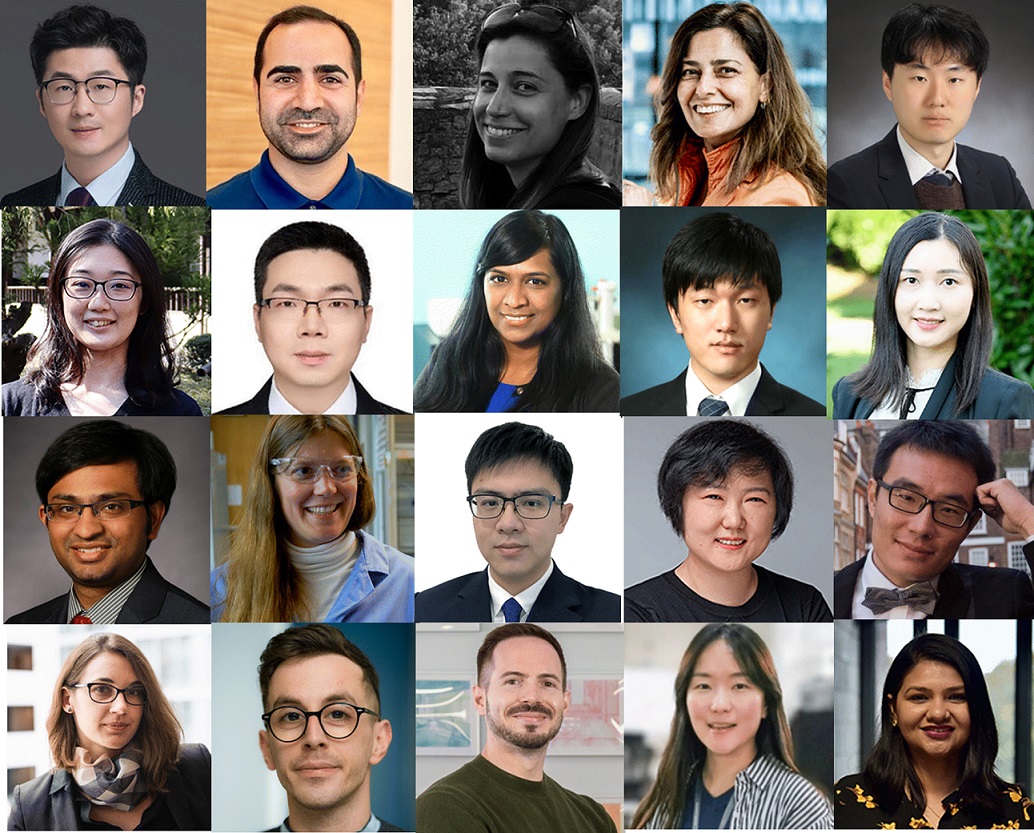
Find a selection of featured Emerging Investigators and read their Nanoscale Horizons research below:
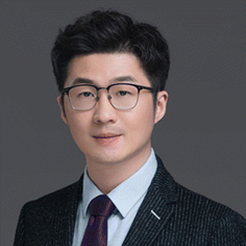 |
Dr Yuefei Wang, Tianjin University, China
Read the Emerging Investigator Series article: Full-color peptide-based fluorescent nanomaterials assembled under the control of amino acid doping
|
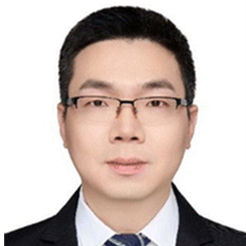 |
Dr Jiang Zhou, Central South University, Hunan, China
Read the Emerging Investigator Series article: An ionically cross-linked composite hydrogel electrolyte based on natural biomacromolecules for sustainable zinc-ion batteries
|
 |
Dr Jovana Milić, University of Fribourg, Switzerland
Read the Emerging Investigator Series article: Resistive switching memories with enhanced durability enabled by mixed-dimensional perfluoroarene perovskite heterostructures
|
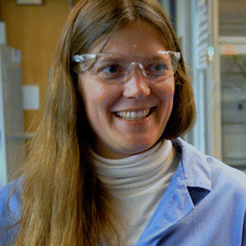 |
Dr Leslie Schoop, Princeton University, USA
Read the Emerging Investigator Series article: Chemical exfoliation of 1-dimensional antiferromagnetic nanoribbons from a non-van der Waals material
|
 |
Dr Mohammad Malakooti, University of Washington, USA
Read the Emerging Investigators article: Green synthesis of iron-doped graphene quantum dots: an efficient nanozyme for glucose sensing
|
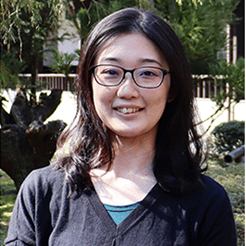 |
Dr Kayoko Kobayashi, Kyoto University, Japan
Read the Emerging Investigators article: Atomic-scale dents on cellulose nanofibers: the origin of diverse defects in sustainable fibrillar materials
|
We hope you have enjoyed finding out more about our Emerging Investigators. If you are an independent early-career researcher within 10 years of your PhD or within 5 years of your independent position, submit your best primary research to Nanoscale Horizons to be considered in the Emerging Investigator Series. More information about our eligibility and selection process can be found in this introductory editorial.
Nanoscale Horizons is a leading journal for the publication of exceptionally high-quality, innovative nanoscience and nanotechnology. The journal places an emphasis on work that demonstrates a novel concept or a breakthrough advance in nanoscience. Whatever your career stage, consider submitting your next quality work to Nanoscale Horizons. More information on our platform.













